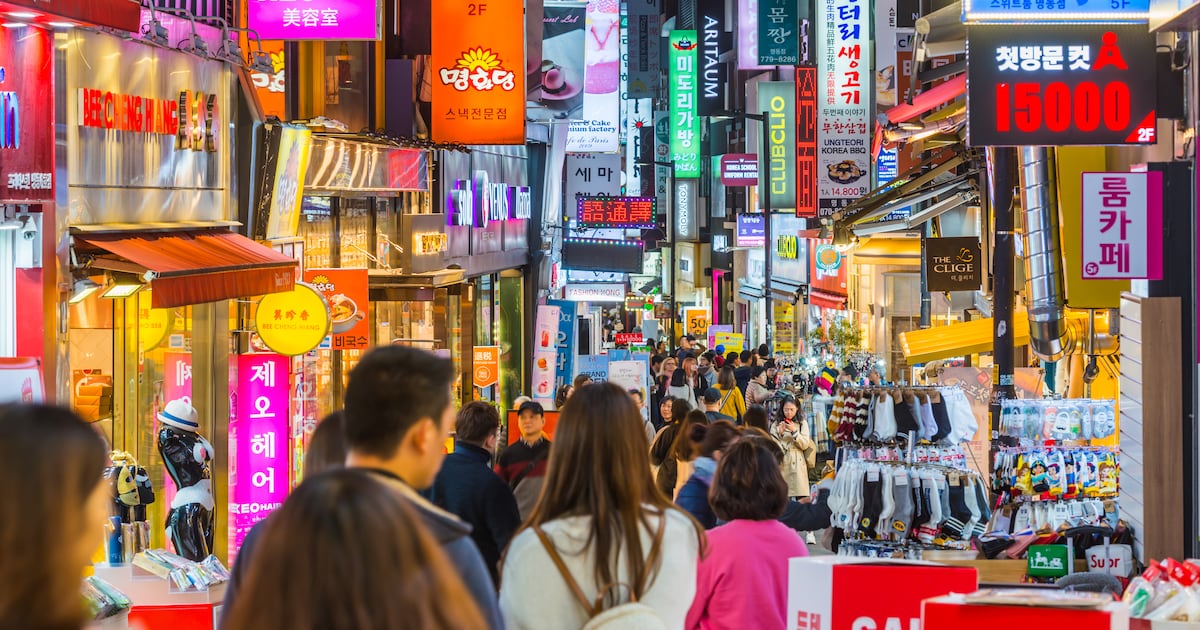News has been circulating on Korean local media that German hair care brand Wella and L’Oreal Group’s Maybelline New York will withdraw from the market.
On 3 February, Korea outlet Biz.Hankook revealed that Maybelline, one of the L’Oreal Group’s most recognisable colour cosmetic brands, will end its operations in Korea.
CosmeticsDesign-Asia was able to confirm with a L’Oreal Korea representative that Maybelline will cease its operations by the first half of 2025.
This was a strategic decision by the French beauty giant to focus on the brand with the most growth potential in Korea.
Beauty expert Odile Monod said colour cosmetic brands in particular can struggle in South Korea as Korean beauty standards and product preferences tend to be vastly different from those in the West.
Monod is a Seoul-based art director and beauty marketer who has worked for internationally renowned beauty conglomerates across Europe and Asia. She also founded the website, The Monodist.
Nevertheless, she stated that Maybelline has continued to be a popular brand in Korea.
“Maybelline enjoyed good popularity, especially with their Colossal Mascara franchise, which has been a top seller in Korea for years.”
In addition to the Colossal Mascara, other Maybelline products have garnered important Korean awards. Between 2020 to 2025, Maybelline has won awards from Olive Young, Glowpick and Powder Room.
Last year, Maybelline’s Fit Me Skin Tint and Lash Sensational Sky-High Mascara scored Glow Pick Beauty Awards in the Tone-up Base and Lengthening Mascara categories respectively.
The Maybelline New York Superstay Lumi-Matte Foundation won the second place in the best foundation category in the mid-year Powder Room awards in 2024. The Lash Sensational Sky-High Mascara also scored the third prize in the best mascara category.
Behind the struggle
Despite having popular mascaras, it has been tough for L’Oréal to expand to more categories.
“I think this is what ultimately led to L’Oréal’s decision to withdraw the brand to focus on other companies that align better with the overall taste of Korean consumers,” said Monod.
“I believe the Korean market has reached a level of maturity where foreign brands need to create a clear positioning strategy and thoroughly understand local market dynamics to succeed. Makeup brands in particular, can struggle to adapt because Korean beauty standards and product preferences tend to be vastly different from those in Western markets.”
However, Monod does not believe these different are “necessarily a disadvantage” for foreign brands, citing the popularity of brands such as MAC Cosmetics (Estée Lauder Companies) and NARS (Shiseido Company).
“Brands like MAC and NARS have thrived in Korea precisely because they capitalised on this difference by focusing on professionals and consumers who prefer gyopo-style (Western-style) make-up.”
Korean Colour cosmetics brand 3CE, which was acquired by L’Oréal in 2018 also managed to thrive on its differences.
“Some might argue that this model is harder to replicate on a drugstore level where brands can’t rely on aspirational marketing, but I think the original success of the Korean drugstore brand 3CE says otherwise since they gained popularity by appealing to the same demographic at a more accessible price point,” said Monod.
“Ultimately, for foreign brand to succeed in Korea it’s crucial to understand these different market nuances and adjust their strategies accordingly.”
Shock at Wella’s withdrawal
While it made sense as to why Maybelline was calling it quits, Wella’s decision came out of left field.
“Wella had established a strong presence in professional hair salons so their sudden exit caught everyone off-guard… The reasons behind their exit remain a mystery at the moment,” said Monod.
Wella’s Korean distributor SPW Korea, posted a statement on Wella Korea’s e-commerce announcing that supplies of Wella products will cease by February.
The statement also explained that the decision to “completely withdraw from the Korean market” was made by Wella headquarters.
The distributor also described the decision as “sudden” and that it had “strongly requested Wella to reverse this decision on several occasions”.
“Unfortunately, the decision could not be reversed,” it concluded.
SPW Korea extended its “sincere gratitude to our customers who have loved Wella for a long time.”
Wella replacements needed
According to Monod, local media is currently reporting that hair salons struggling to find “valid alternatives” for Wella, in particular, their hair dyes.
In the same statement, SPW Korea announced that it launched Japanese brand FIOLE in January.
“FIOLE is a top brand leading the Japanese beauty market with excellent product capabilities and a young and trendy sensibility… In-depth testing by the Wella Korea training team have convinced us that FIOLA’s colours and product range are a worthy replacement for Wella. FIOLE is ready to confidently provide better product experience and reasonable prices to domestic beauty professionals.”
Other international beauty brands that have withdrawn from Korea in recent years include Fresh (LVMH), THREE (Pola Orbis Holdings), and retailer Sephora (LVMH).

